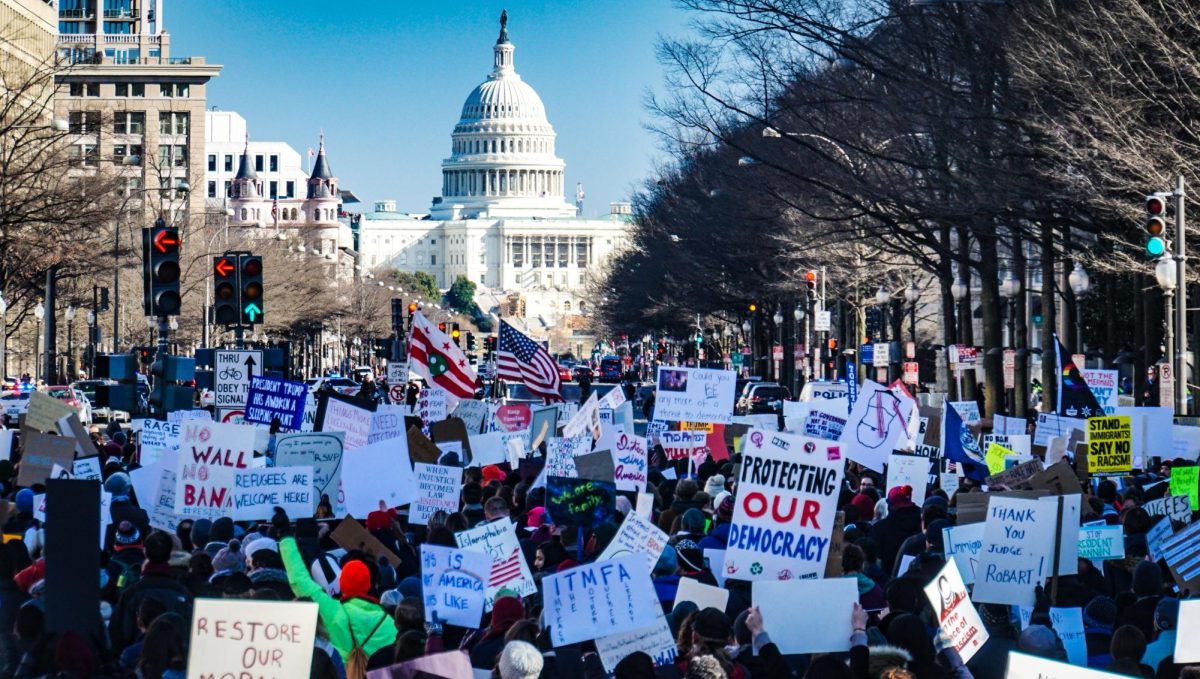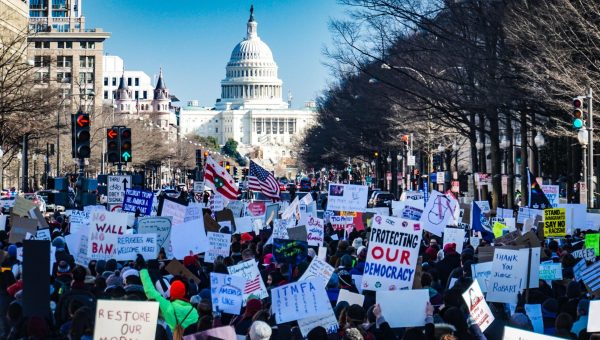ISIS Targets Citizens of Paris in Coordinated Attacks
November 18, 2015
Last Friday night, chaos and tragedy erupted in Paris when 8 radical jihadists attacked the city. By a current count, at least 129 people were killed, with an additional 352 injured. In the aftermath of that night, this violent act of terror was claimed by ISIS (the Islamic State of Iraq and Greater Syria), a terrorist group that has increasingly gained influence in this past year. ISIS has previously threatened France because of its military actions in Syria and Iraq.
The attack began when a suicide bomber detonated outside the Stade de France, as a soccer match was being played between the French and German teams. The bomber had attempted to enter the game, presumably to detonate inside, but his explosives vest was discovered by stadium security. Minutes later, a second and person detonated a suicide bomb outside the stadium. A third suicide bomber also detonated in the same area half an hour later. French President Francois Hollande was in attendance, and evacuated immediately after the explosion was heard. One civilian was killed.
The next attack occurred barely 5 minutes later, at restaurants Le Petit Cambodge and Le Carillon. Masked shooters converged upon the restaurant, with automatic weapons, killing 15 people. Just after that, more shooters opened fire outside various bars and restaurants in the city, including Cafe Bonne Bière and La Belle Equipe, where 23 people died. Moments after, a suicide bomber detonated outside another restaurant, with no one killed.
At the same time, three gunmen stormed and opened fire inside Bataclan Concert Hall, where a band was performing. The gunmen took members of the audience hostage, and gathered them at the stage. Then they briefly spoke about Syria and Iraq to the crowd. French police stormed the concert hall over two hours after the attackers first entered, killing the three gunmen. Here, 89 people were killed, while many more were seriously injured.
In response to the attacks, French President Francois Hollande immediately called a nationwide state of emergency for France. In addition to this, he also closed the nation’s borders, so as to prevent any attackers that might remain from fleeing the country.
As the world heard news of the events that occurred in Paris, an outpouring of public support flooded through the media. World leaders and everyday citizens alike expressed their support and solidarity with the people of France. A search for those responsible for deaths of so many continues, as world leaders convene to reevaluate how to put an end to violence perpetrated by ISIS.























































